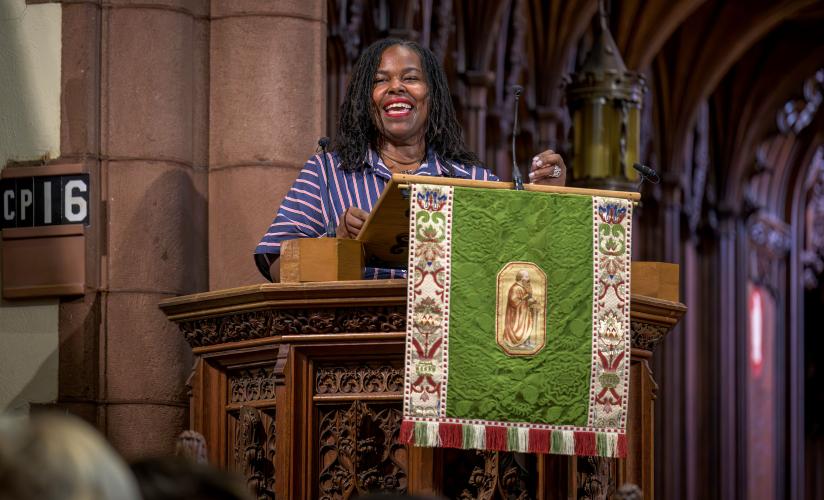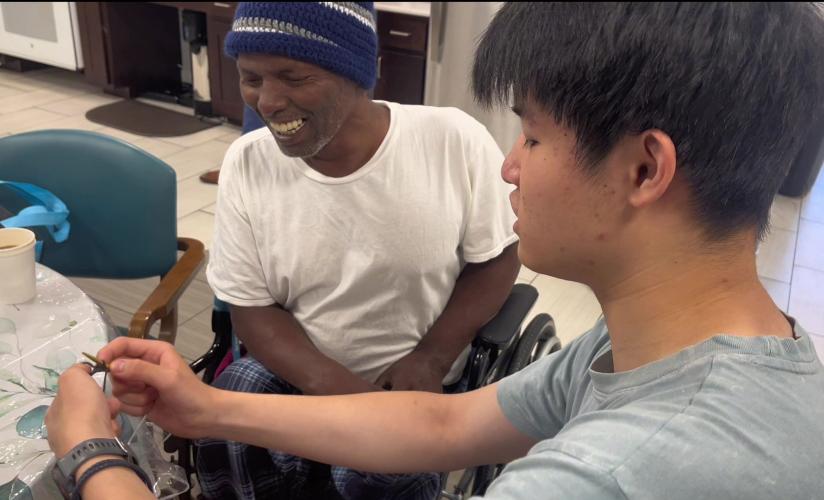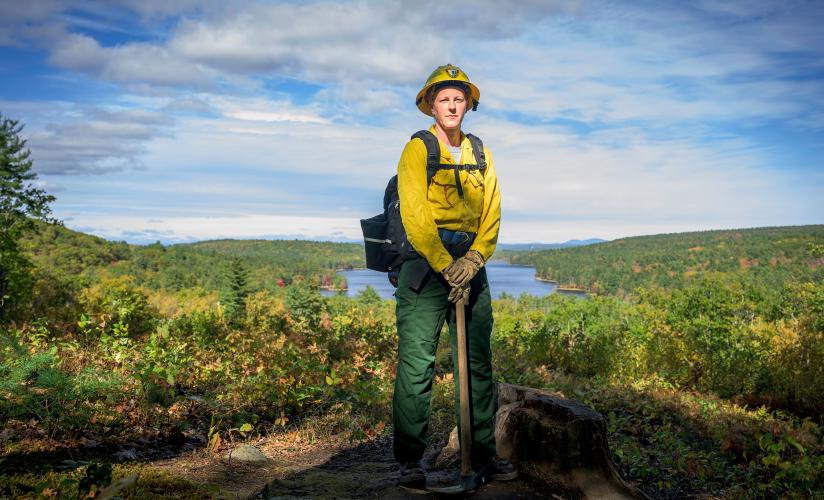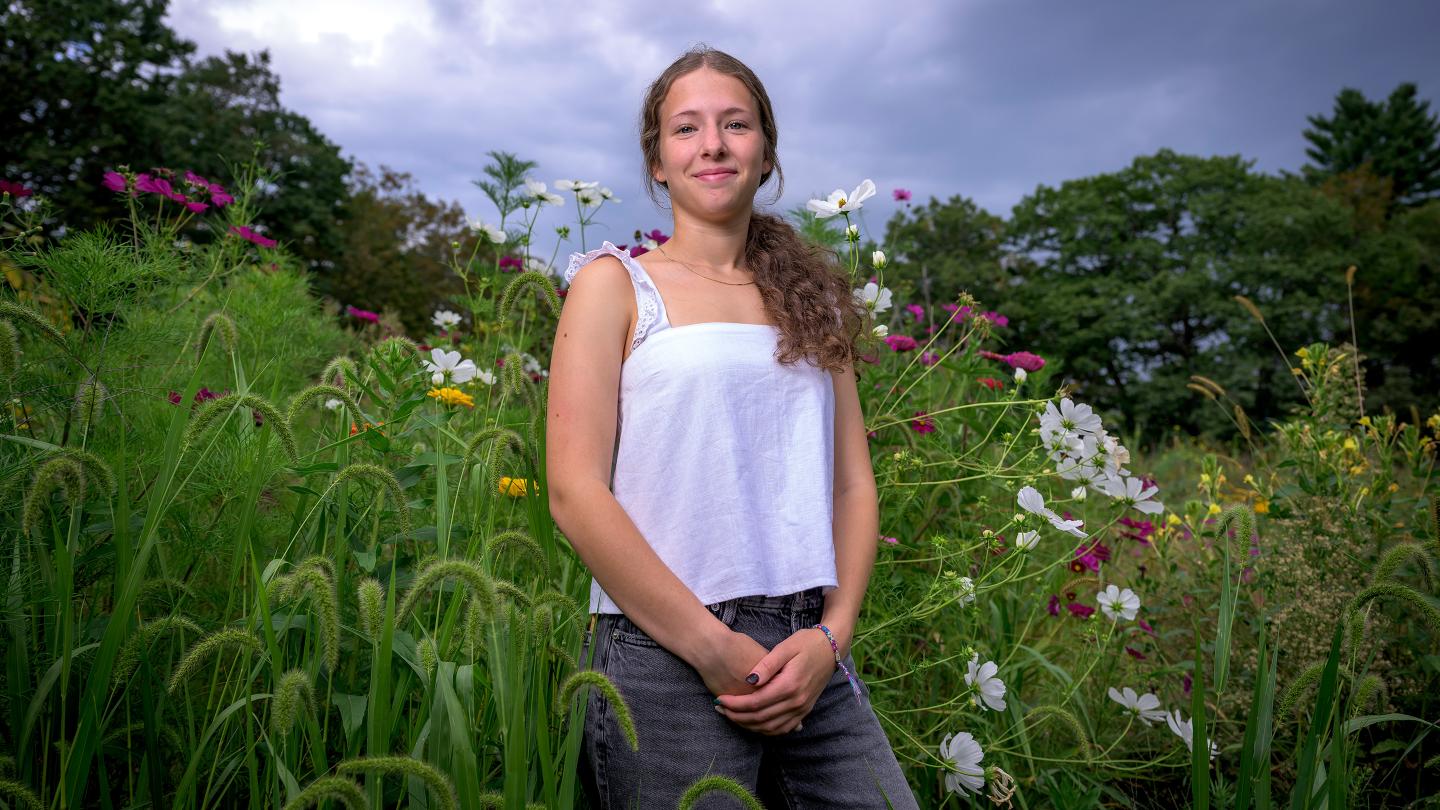

Sokoloff Prize recipient Bela Friedman ’26 teaches gardening skills to help immigrant and refugee children feel grounded in their new community.
BY KATE DUNLOP
Bela Friedman ’26 was born in a country she doesn’t remember. With parents who seized the opportunities presented to them, she spent her first three years in Bangladesh, then traveled with her family for a year and lived in Denmark for three years before moving to Missoula, Montana, where her father was the director of a small private school and her mother is still a practicing therapist.
What Friedman does remember is the disorientation of being young and trying to put down roots in a new community with different cultures and not knowing exactly where she fit, even with all the resources to make that transition as smooth as possible.
That experience created within Friedman a passion for trying to help people find belonging. As a young teenager, she started putting her empathy into action by volunteering to tutor and help with summer programming at Soft Landing Missoula, a nonprofit devoted to providing a “long welcome” for refugee and immigrant families eager to build a new life.
Even as Friedman made Missoula home for herself and others, she felt the same pull to try new things that had inspired her parents to travel the world, and when she heard about St. Paul’s School, she was intrigued. Arriving as a new student, she settled into making Millville one of her homes in the world. She reveled in her chemistry and biology classes just as much as the global perspectives of her peers, and she threw herself into cross country, ice hockey and crew. And, she sustained her dedication to serving others, volunteering with the Friends Program to mentor a Concord-area child and attending a conference on mental health in Washington, D.C.
Last year, Friedman learned about the School’s Kiril and Kate Sokoloff Prize, awarded annually to a Fifth Former who submits a proposal for a service project and who “has a special and unique kindness and compassion; seeks a personal transformation towards spirituality; demonstrates a vision to make the world a better place through service for the good of mankind; and acts as an inspirational leader for his/her peers and classmates.” Friedman immediately thought of Soft Landing and brainstormed how she might go beyond the work she’d done there as a tutor. With support from the nonprofit, she developed a project that the Sokoloff Prize brought to fruition over the summer: Roots of Belonging, a weekly session working with two dozen children from Africa and the Middle East to create a garden.
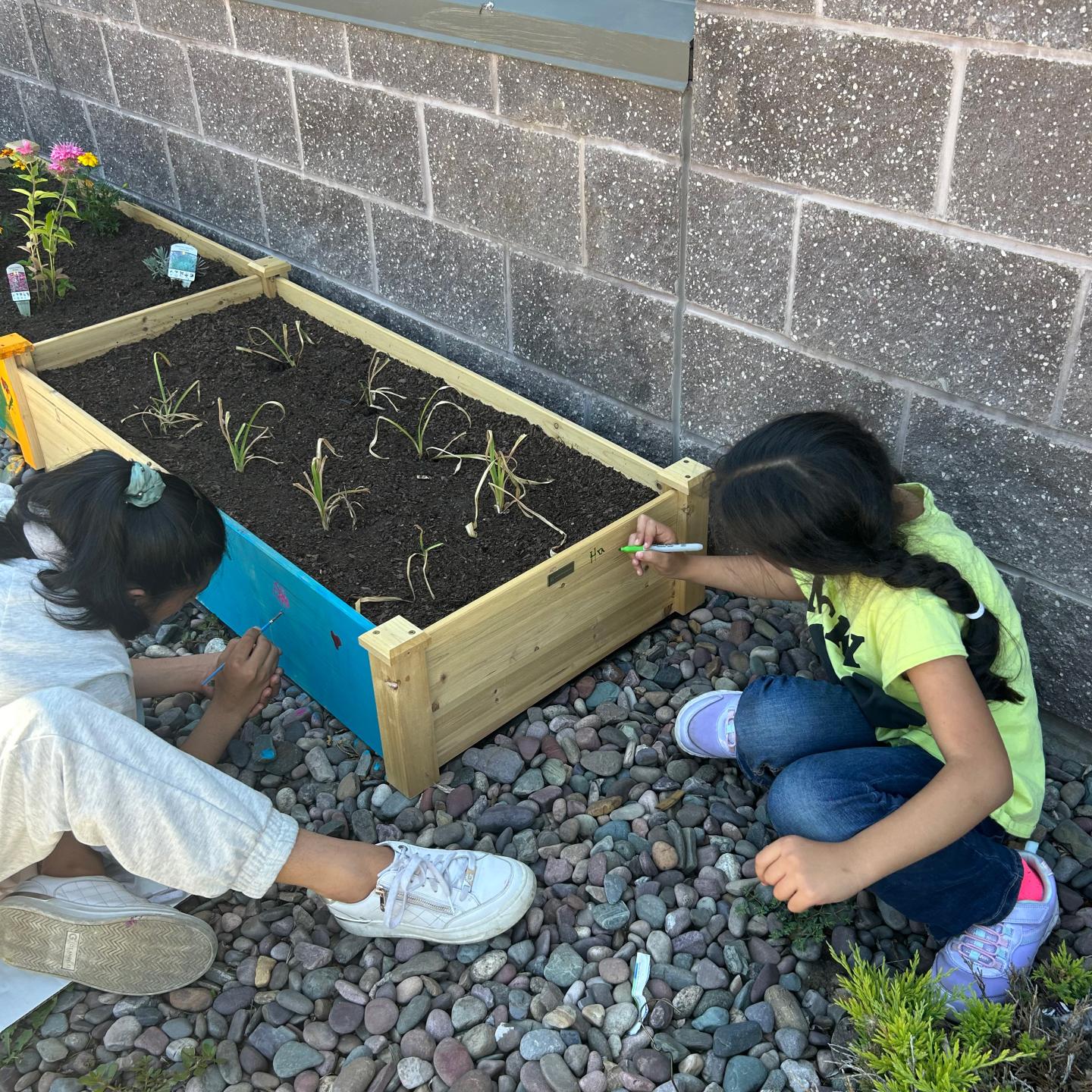
Giving back is the most important thing. It’s going to mean thinking about the impact I can have and how I use my skills to have the greatest impact.
With the prize funds, Friedman bought and assembled raised beds, paint, flower and vegetable seeds, soil and gardening equipment. She went into the project with a multi-layered goal: to provide enjoyable summer programming that would help the children create something they could feel pride in while giving back to the community that orbited around Soft Landing.
“We went through the whole process of gardening; the first day, we planted all the starts and seeds, and we talked about what it means to care for a garden,” Friedman says. “We practiced things like watering and what to do when the plants start producing. While the garden may not provide massive food resources, I hope it can help the kids find their role in not only feeling welcomed into the community but also like they’re giving back to their community and making an impact.”
While her charges learned about gardening, Friedman learned a few lessons of her own — more than handling the difference in ages, which ranged from elementary to high school, she had to adapt her communication style to working with varying abilities to comprehend and speak English.
“I had to figure out to say things in an effective way, but it was also cool to see how the language barrier was not actually a barrier,” she says. “It didn’t stop any of the connection or the learning, especially in this setting that was very hands-on. It was really rewarding, and I truly enjoyed the time I got to spend with them kids. I’d love to encourage more people to apply for the Sokolof Prize because it was an incredible experience.”
As Friedman begins her final year at St. Paul’s School, during which she’ll be a Wellbeing Ambassador exploring new opportunities for her peers to be engaged in the community, she has firm views on what it means to serve the greater good and a general idea of what her future might look like.
“Giving back is the most important thing. It’s going to mean thinking about the impact I can have and how I use my skills to have the greatest impact,” she says. “I’m dead set on working with communities that are struggling, whether that be through public or global health or medicine someday.”
After four years, St. Paul’s School will be where Friedman has spent the second-longest chunk of time in her young life. The rest of her path will reveal itself, but it promises to be memorable as she grows into the same expansive mindset her parents modeled that she’s made her own.
“I’d really like to see as many places as I can,” she says, “and experience as many things as I possibly can because, I don’t know, what else can we do in this life?”

